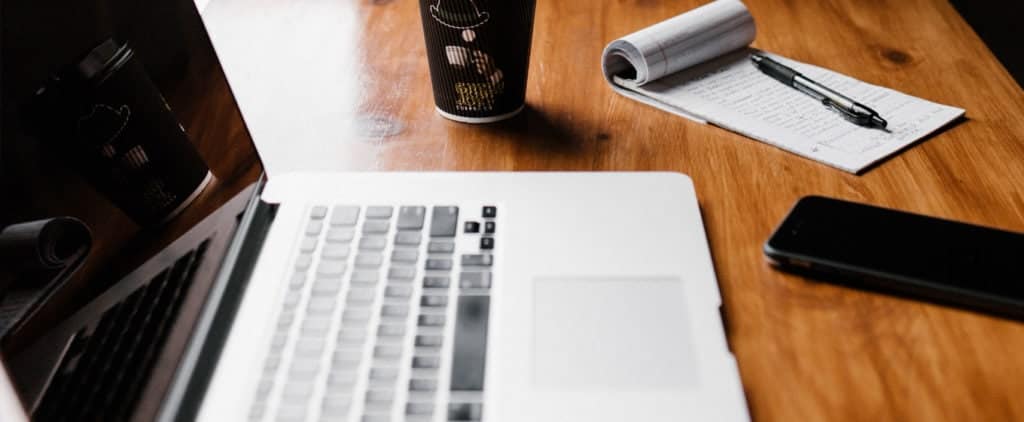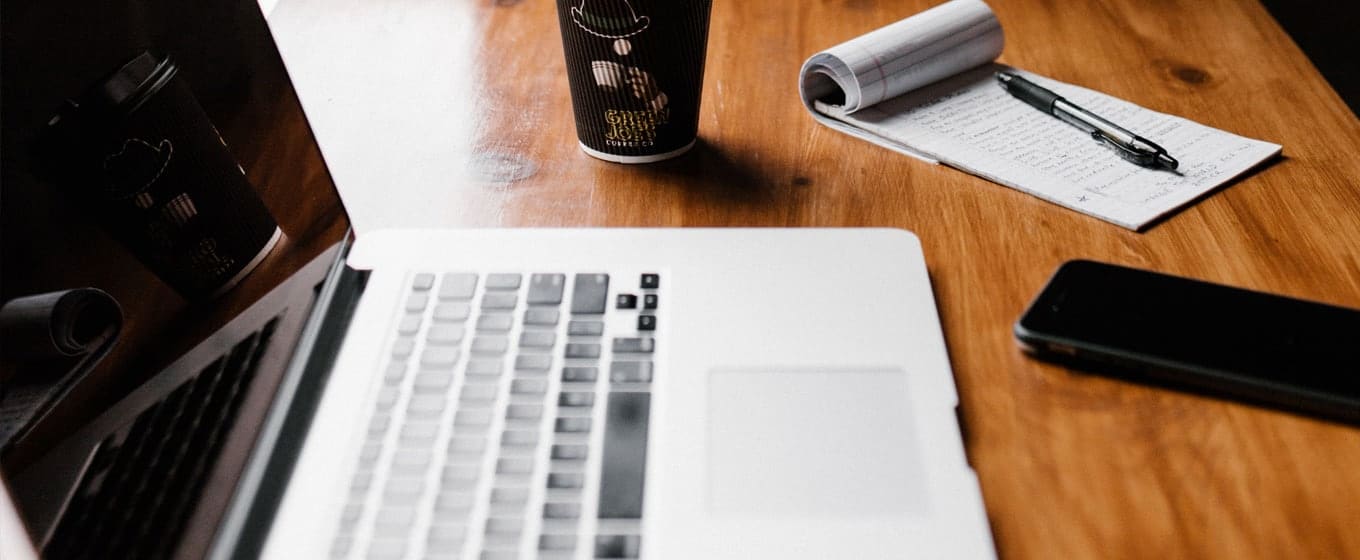Your tax return can feel like enough of a burden on your time without the “optional extras” such as deciding which expenses you can claim.
I’ve created this article revealing the potential value of your tax return to help sole traders who are required to complete a self assessment tax return. You may not be aware of the value of your potential expenses claims, but investing a little time in submitting them may allow you to receive substantial financial relief.
What Can I Claim For?
There are all kinds of expenses that you can add to your self assessment tax return to offset against the tax you pay. We recently ran an investigation into expenses and found that the most commonly claimed expenses include vehicle and home related costs. We also found that some of the least claimed expenses (despite the self-employed being well in their rights to claim) included eye care and even language lessons.
While vehicle and travel costs – including fuel and public transport fares – are among the most common to be claimed for, you may be surprised that you can also file expenses that fall within the following fields:
- Home or office utilities and rent (if you run your business from home, you may be able claim back a portion of your rent or mortgage, water, insurances and council tax) or a fixed claim based on the number of hours you work at home in a month.
- Subsistence costs related to overnight stays away from home
- Equipment and materials
- Telecommunication devices
- Headphones
- Loans interest on business loans
- Overdraft fees and bank charges on business bank accounts
- Office decorations
- Work uniforms
- Advertising
- Work-related training courses
- Professional subscriptions to specialist magazines or websites
- Financial costs like accountant or solicitor fees
- Eye care costs where required for VDU work
- Language lessons

How Much Could I Save?
The expenses you can claim depend first and foremost upon the running costs of your business, you can only make a claim if you actually incur the cost. If you rent an office, use public transport to get there every day, regularly buy new equipment or uniforms and go on refresher training courses, it’s likely that you can claim a great deal more than a person who works from home – using their laptop and requiring no other materials to run their business.
No matter what business you run the important thing to remember is that for every £100 in expenses you do not claim you could be overpaying your tax by £29.00 (based on basic rate taxpayer with profits over £12,500 in 2018/19)
More recent reports suggest that the average self-employed person can potentially claim up to £355 in total on their expenses form – a considerable amount of relief when all of your tax is concentrated in one bill!
Those paying tax at a basic rate could claim back up to 20% of their costs, while those liable for higher amounts could receive up to 40% in relief. This is vital information to bear in mind – particularly if you are in the early stages of self-employment and your cash flow has yet to become steady.
How to Make Expenses Claims Easier
One of the reasons why taxpayers are put off claiming their expenses is the effort it takes to retain receipts and use them to calculate expenditure when the time comes to file a return. Many don’t consider this effort to be worth the amount they may be able to save.
However, there are methods you can use to make this much easier. For example, you can try software that allows you to photograph and upload receipts in real-time – as and when the expenditure occurs – retaining all of the information to be immediately uploaded when you complete your tax return. It will also help you to find out whether there are other ways you can save when paying tax.
If you stay organised and keep on top of your expenditure and the relevant receipts, you may be able to claim a considerable amount when the time comes to fill out your tax return. It’s recommended that you keep records of all expenditure for three years for employees and 9 months or self employed Iin case you ever become the subject of an investigation into your claims.
Remember, the average self-employed individual could claim back a further £355 when filing their expenses – so don’t miss out. My final key takeaways would be:
- Keep all of your receipts manually and digitally stored
- Make use of software to make your self assessment easier to handle
- Keep notes of everything that you can claim one expenses, if there’s something you think you can claim, research it
- Keep records of all expenditure for at least 5years
Mike Parkes is the technical director of GoSimpleTax, Mike has worked for HMRC and in practice for much of his 30-year career. He has a detailed understanding of personal and small-business taxation.






Leave a Reply